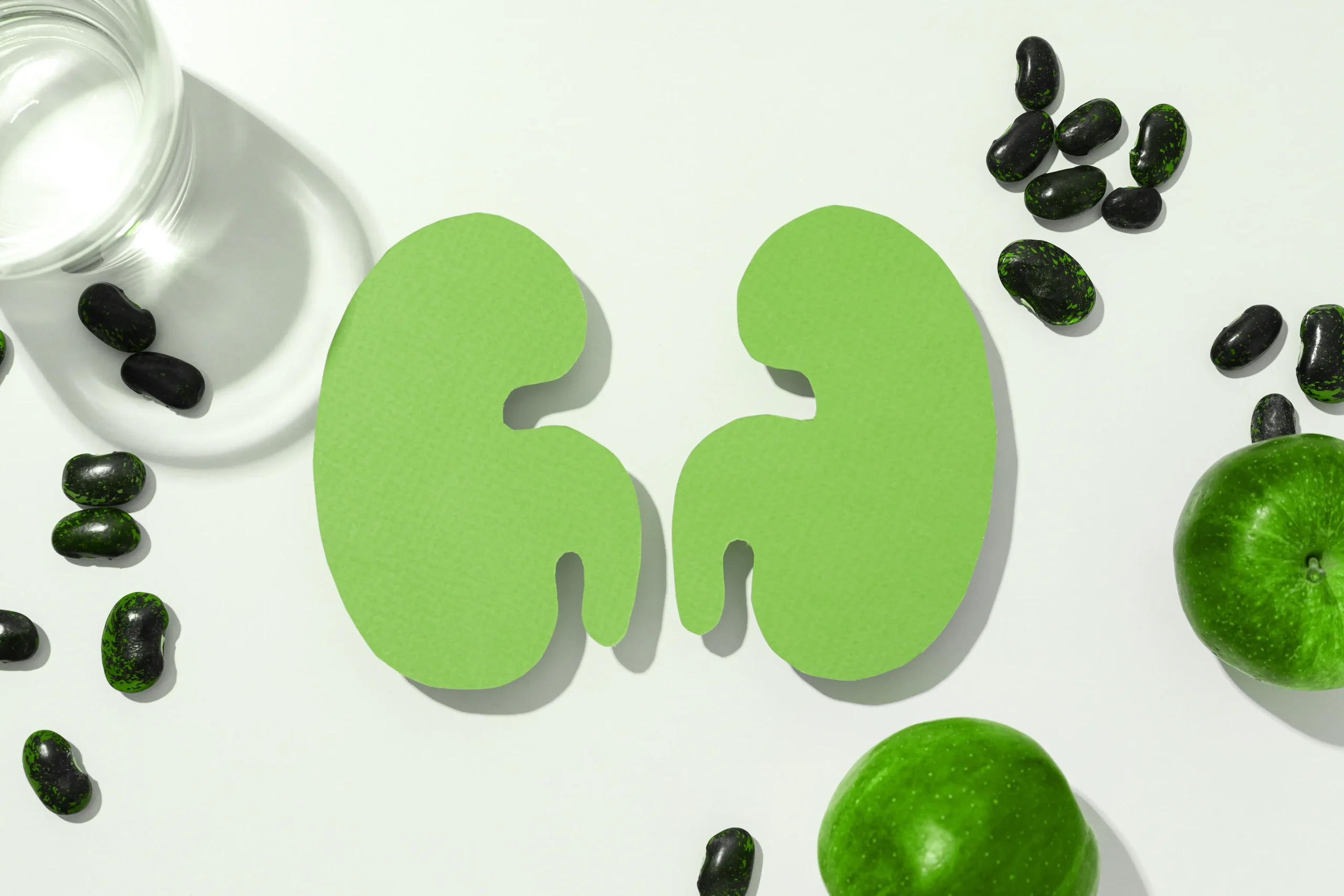Do You Know These 10 Facts about Your Kidneys?
The human body is a remarkable and intricate system of organs working in harmony to maintain optimal health. Among these are the kidneys, two bean-shaped organs located on either side of the spine. While many of us may be aware of their role in filtering waste and producing urine, there is a wealth of information about these vital organs that often goes unnoticed. From regulating blood pressure to managing the body’s calcium levels, there are some surprising facts about your kidneys and kidney function. Keep reading to learn more.
Table of Contents
- Dual Powerhouses
- Regulating Blood Pressure
- Erythropoietin Production
- Calcium Regulation
- Filtering Impurities
- Kidney Stones and Their Formation
- Filtering at an Impressive Rate
- Blood Supply
- Adaptability to Stress
- Susceptibility to Diseases
- Frequently Asked Questions
- More Information
1. Dual Powerhouses
The kidneys are often overshadowed by more well-known organs like the heart or the brain, but they play a vital role in maintaining overall health. Acting as the body’s filtration system, these small, fist-sized organs filter approximately 190 litres of blood daily, removing excess waste and fluids to produce approximately two litres of urine.
2. Regulating Blood Pressure
Apart from waste filtration, kidneys also contribute significantly to blood pressure regulation. They help control blood pressure by managing the volume of blood and the concentration of sodium (salt) and water in the bloodstream. The intricate balance maintained by the kidneys is crucial in preventing high blood pressure, one of the leading causes of heart disease.
3. Erythropoietin Production
The kidneys are responsible for producing erythropoietin, a hormone that aids in the production of red blood cells in the bone marrow. Red blood cells are essential for carrying oxygen throughout the body. A deficiency in erythropoietin can lead to anaemia, causing fatigue and weakness.
4. Calcium Regulation
Kidneys play a pivotal role in maintaining the body’s calcium balance. They help regulate calcium levels by producing their own type of vitamin D, which is essential for calcium absorption from the intestines. Proper calcium balance is crucial for bone health and nerve function.
5. Filtering Impurities
The primary function of the kidneys is to filter and remove waste products from the blood, including excess salts, urea, and other toxins. This process ensures that the body’s internal environment remains in balance. Without the kidneys’ constant filtration, waste products would accumulate, leading to a toxic build-up that could have dire consequences.
6. Kidney Stones and Their Formation
One common issue associated with the kidneys and kidney function is the formation of kidney stones. These are hard deposits that can form when there is an imbalance in the substances that make up urine. Factors such as dehydration, certain medical conditions, or a diet high in salt can contribute to the formation of these painful stones. Drinking an adequate amount of water and maintaining a balanced diet can help prevent their development.
7. Filtering at an Impressive Rate
Kidneys filter an amount of blood equal to your entire body’s blood volume. The remarkable speed at which the kidneys process blood allows them to swiftly remove waste and excess fluids, maintaining the body’s complex balance.
8. Blood Supply
The kidneys boast a unique and intricate network of blood vessels. Renal arteries, which branch directly from the aorta, deliver oxygenated blood to the kidneys for filtration. After the blood has been filtered, it returns to circulation through the renal veins. This specialised blood supply ensures that the kidneys receive a substantial portion of the body’s blood flow, emphasising their crucial role in maintaining overall health.
9. Adaptability to Stress
Kidneys have an impressive ability to adapt to various stressors and changes in the body. For example, when dehydrated, the kidneys conserve water by producing concentrated urine. Conversely, when the body has an excess of fluids, the kidneys adjust by producing more dilute urine. This allows the kidneys to maintain equilibrium under different bodily circumstances.
10. Susceptibility to Diseases
Despite their resilience, kidneys are susceptible to various diseases, including chronic kidney disease (CKD), polycystic kidney disease, and glomerulonephritis (inflammation and damage to the filtering part of the kidneys, the glomerulus). Diabetes and hypertension are major risk factors for kidney disease. Regular check-ups, a healthy lifestyle, and managing underlying health conditions are crucial in preventing kidney-related complications.
Frequently Asked Questions
What causes kidney failure?
Kidney or renal failure is a common condition that typically occurs when an individual gets older. The condition, which can be classified further as either acute or chronic, has a number of causes, such as infection from diseases, dehydration, physical damage or trauma, medications, blocked ureters, and other comorbidities i.e. diabetes and high blood pressure (hypertension).
What is the first sign of kidney problems?
Typically, kidney failure does not present with noticeable symptoms until it reaches its end stage. These symptoms include:
– Loss of appetite and weight loss
– Oedema or water retention in the feet, ankles, or hands
– Fatigue and insomnia
– Shortness of breath
– Blood in urine
– Increased need to urinate
– Itchy skin
– Headaches
– Bodily cramps
– Nausea
How to prevent kidney failure?
CKD cannot always be prevented but there are various steps you can take to lower your risk of developing it. For example, you can monitor and manage comorbidities (conditions that are co-occurring) like diabetes and high blood pressure. If you have already been diagnosed with CKD, avoiding certain medications can also decrease the chances of it progressing. These medications include nonsteroidal anti-inflammatory drugs (NSAIDs), such as ibuprofen, some antacids, and medicines or supplements with a high concentration of vitamin C. Additionally, regular check-ups with your healthcare provider will help you keep on top of your kidney health.
How to keep kidneys healthy
Keeping your kidneys healthy should be a priority for everyone, not only for individuals with kidney problems or those with a higher risk. Staying hydrated is a surefire way to maintain optimal health overall. As well as this, staying active and adopting a healthy, balanced diet will do wonders for the body, helping to manage heart health, hypertension, high cholesterol, and diabetes. Giving up smoking and reducing or eliminating alcohol consumption is also highly recommended, aiding in the improvement of kidney health and its comorbidities.
In conclusion, the kidneys silently perform vital functions that are often taken for granted. From blood filtration to blood pressure regulation, they are indispensable to our well-being. Understanding their unique functions sheds light on their intricate workings, emphasising the importance of maintaining kidney health through a balanced lifestyle and regular medical check-ups.
For more information about kidney conditions and kidney health, view our list of nephrologists here.
For more information, please contact:
Dr Haroon Tayob
Discipline: Specialist Physician/Nephrologist
PR number: 1802437
Hospital(s): Ahmed Kathrada Private Hospital & Daxina Private Hospital.
















